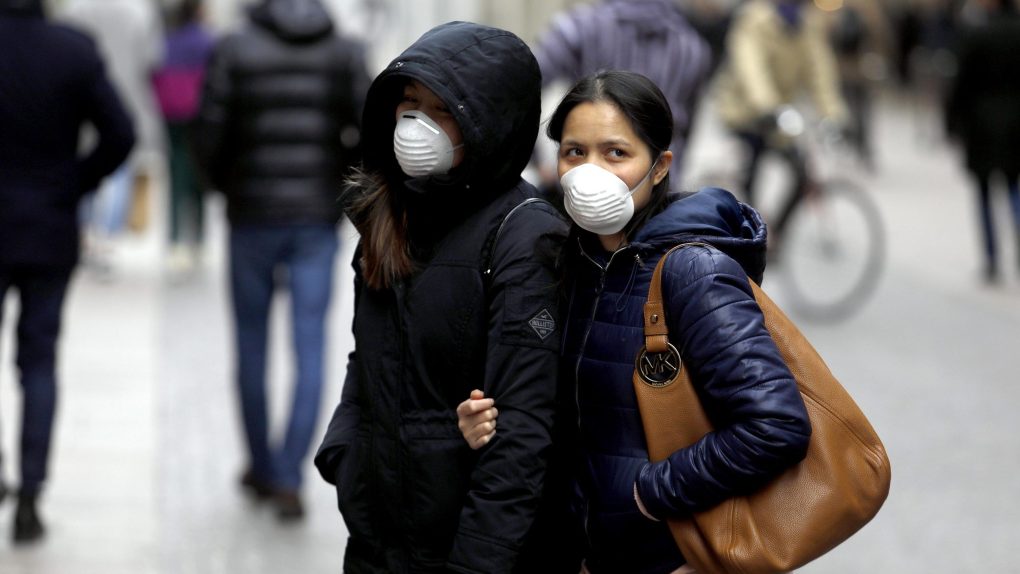- The newest observed coronavirus symptom is also the most dangerous one and can appear in patients who don’t even experience other symptoms.
- Doctors have noticed an increase in strokes caused by blood clots in young adults, who might be reluctant to seek medical help during the coronavirus pandemic.
- The blockage of arteries in the brain caused by coronavirus clots could be life-threatening if not treated promptly.
- Visit BGR’s homepage for more stories.
Flu-like symptoms can be indicative of infection with the novel coronavirus these days. If you’re experiencing a fever and cough followed by trouble breathing, you might have COVID-19 and you might require medical attention. But not all patients exhibit these symptoms. Some are asymptomatic carriers who might not even know they had the virus until taking a COVID-19 test or an immunity test. Others may experience unusual symptoms like the loss of smell and taste, red eyes, or skin issues that have no other explanations. Cardiac arrest-like symptoms and neurological signs have been observed in other patients who might not have displayed the more usual COVID-19 signs.
It turns out there’s another severe coronavirus symptom that people need to know about, and it might just be the most dangerous of them all. That’s because it’s the kind of medical condition that could lead to severe complications that aren’t related to COVID-19, including sudden strokes that affect the younger population.
Strokes are common health complications with certain diseases, but they typically occur with older patients. But doctors who have been treating COVID-19 patients observed a high incidence of sudden strokes in patients in their 30s or 40s who had no other conditions or even severe cases of COVID-19. Those patients were unwilling to call 911 because they heard hospitals were overcrowded with coronavirus cases, doctors told CNN.
Reports a few days ago indicated that blood clots might be the latest complication of the virus, and doctors who observed them in some patients weren’t sure how to treat them. Some doctors told Business Insider that blood-thinning drugs might work against these side-effects, while others considered clot-busting medications used to treat strokes.
When a blood clot blocks an artery in the brain, it will reduce the oxygenation of a brain area and this could have various effects on the body. It could even lead to death. While it’s rarer in younger people, a stroke is a serious condition that needs to be treated in a hospital as soon as possible.
“The virus seems to be causing increased clotting in the large arteries, leading to severe stroke,” Mount Sinai Health System neurosurgeon Thomas Oxley told CNN. “Our report shows a seven-fold increase in incidence of sudden stroke in young patients during the past two weeks. Most of these patients have no past medical history and were at home with either mild symptoms (or in two cases, no symptoms) of COVID.”
All of them tested positive for the novel coronavirus, and two of them delayed calling the ambulance. At least one patient has died and others are in intensive care or in the stroke unit. One person went home but will require continued intensive care. As a comparison, the same team treated fewer than two people under 50 with large vessel stroke per month over the previous 12 months.
Anyone exhibiting signs of a stroke should call 911 as fast as possible. The blockage of a big artery in the brain will require a procedure called clot retrieval (see video at the end of this post), which has to be performed within 6 to 24 hours from the event. Oxley says people should familiarize themselves with an easy mnemonic to self-diagnose a stroke and get quick treatment: FAST. “F for face drooping, A for arm weakness, S for speech difficulty and T for time to call 911,” CNN explains.








